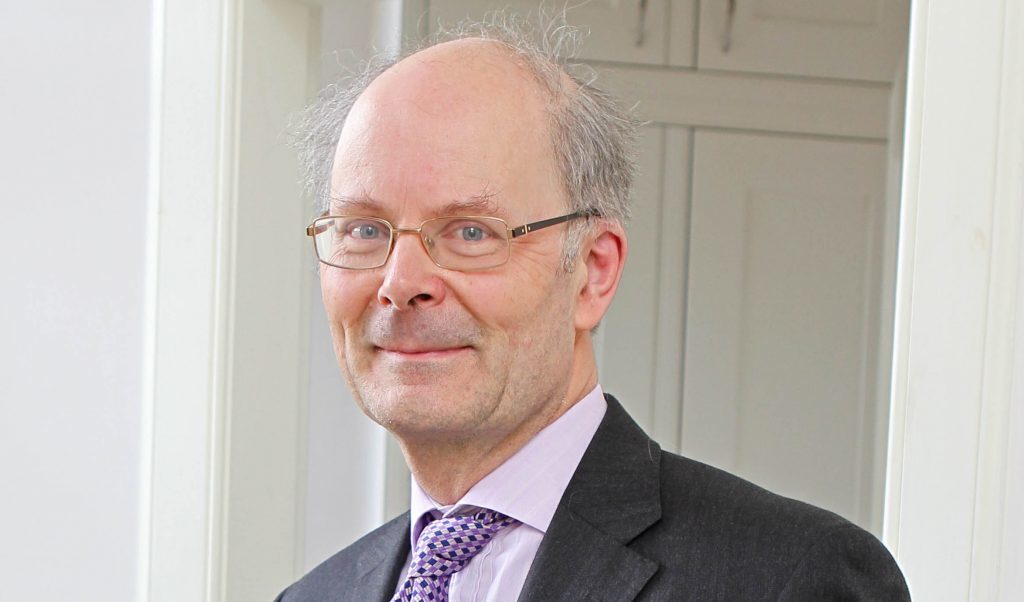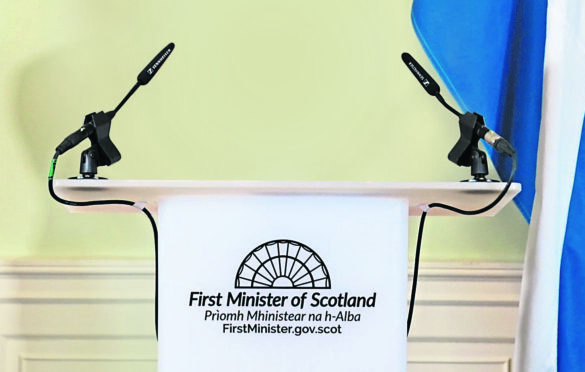
After a week of shock and political turmoil, experts from across the world of Scottish politics have their say on Nicola Sturgeon’s resignation as First Minister.
The next FM must be more deft, sophisticated, able to depolarise Scotland’s politics and face some hard facts
Constitutional expert James Mitchell believes the next First Minister will need to depolarise Scottish politics.
The professor of public policy at Edinburgh University believes the SNP needs to answer questions about how independence would impact on pensions, currency and the relationship with the UK and the EU.
Mitchell said: “One of the things I found most intriguing about Nicola Sturgeon’s resignation speech is when she talked about the need to depolarise politics.
“She talked about it as if she hadn’t contributed enormously to the polarisation herself.
“I would argue she has been the most polarising figure in Scottish politics in a long time, not just on the constitution but on gender recognition reform. So I think there is a need for a new approach to her politics.”
With polls predicting a landslide victory for Sir Keir Starmer at the next Westminster election, Mitchell said: “It won’t be as easy for the SNP to say, ‘We are progressive Scots and they’re rabid Tories down south, it’s us versus them, it’s independence or the Union’ when there will be other options clearly available. It’s really going to be a challenge for whoever leads the SNP. They’re going to need a more deft, sophisticated type of leadership.”
Mitchell said: “He or she will have to facilitate a debate internally to get their SNP to face up to the fact that it hasn’t made much progress on answering very difficult questions about currency, relations with the rest of the UK, relations with Europe, pensions and what kind of economic model you would have for an independent Scotland.
“There are no easy answers but they have to be honest about that and have to get the SNP into position where it actually starts to debate these issues.
“It has spent too much time demanding a referendum and too little time considering what independence means and the implications.”
Covid generation must be FM priority
Jack McConnell has urged Scotland’s next leader to make their priority helping young people who suffered educationally and psychologically during lockdown.
McConnell said Nicola Sturgeon’s successor must work with other parties and education and youth leaders to save the Covid generation.
Lord McConnell – Labour First Minister of Scotland from 2001 to 2007 – said Holyrood’s parties had worked together on a smoking ban in public places and his Fresh Talent initiative to tackle Scotland’s falling population. He said: “The problem since the 2014 referendum is that too many leaders have been concentrating on holding on to the loyalty of their own supporters rather than trying to persuade anybody else or build a wider coalition on a specific issue.”
McConnell, who was a teacher before a career in politics, said the next First Minister’s priority should be saving the Covid generation. He said: “We have a generation of teenagers who were already struggling with the pressures of social media and declining educational standards in Scotland, but have now had to endure the pain of being stuck at home during the pandemic in their most important developing years.
“The impact on their education, social skills and on their mental health is deeply worrying, and in my view the problem is not going to be solved with a one or two-year project.
“It needs all parties to come together and set out a strategy for educational catch-up, but also social and emotional support.”
The Sunday Post last month revealed how children have lost crucial language skills during lockdown. McConnell said: “It is unacceptable it has not been tackled.”
Now is the time to halt neverendum
Henry McLeish believes Scotland’s next leader should ditch Nicola Sturgeon’s neverendum campaign on independence.
The former Labour first minister said Nicola Sturgeon’s surprise resignation on Wednesday was a chance to reset Scottish politics and tackle issues like the country’s failing health service and education.
He said: “We are in a situation where independence is going nowhere and the country seems to be stalled on so many fronts, bogged down on so many issues.
“The SNP could double down on their existing policy and make independence the key issue they’ll campaign on but I think that would be a mistake.
“What they have to do is to rethink where they are, where Scotland is and where the public is because you cannot move forward with a divided nation.”
McLeish said that Sturgeon’s resignation opens up an opportunity for Labour, which in December launched proposals for more devolution of powers.
He said: “It is an opportunity for Labour to re-engage in a much more decisive way in Scotland. Building on some of the ideas in Gordon Brown’s recent commission report, they should try to stake new territory and become a big player in the constitutional issue.”
McLeish, who was architect of free personal care for the elderly, said the next first minister should press on with plans for a national care service.
He said: “Scotland could be the first country in the world to have a fully integrated health and social care system. That would be a great step forward and should be a priority.”
Curtice: Scots poll plan may backfire
An eminent polling expert believes the proposal to use a Holyrood election as a de facto referendum could backfire for the SNP.
The warning from Sir John Curtice came as SNP figures, including veteran MP Angus MacNeil, have called for the dissolution of the Scottish Parliament instead of waiting for a general election.
Under the Scotland Act, Holyrood has fixed terms and another election is not due until 2026. However, if it is dissolved either through a vote of two thirds of the MSPs or the resignation of the first minister with none reappointed within 28 days, then an election must be held.
Nicola Sturgeon had hoped to persuade her party to back her plan to fight the next general election on the single issue of independence but the proposal had prompted concern at senior levels in her party. However, the Holyrood proposal would be another high-risk strategy, according to Curtice.
The Strathclyde University professor of politics, said: “The opposition parties would have to acquiesce to the idea, which they might not do, or the first minister has to resign and then nobody manages to get elected. You’ve got to make sure Douglas Ross doesn’t get elected as first minister.
“The SNP would have to ask themselves, ‘Having deliberately crashed your own government, do you really think going into an election is a particularly propitious environment in which to fight any kind of election, let alone where the issue is as important as this one?’
“Part of what has been going on is MPs have been saying, ‘Hang on, you’re putting our political careers on the line. If you’re gonna put anybody’s political careers on the line, put yours on the line, not ours.’”
Curtice also warned the SNP could also struggle to win 50% of the vote in Scotland.
He said: “I would argue that what has been lacking in the last six months is the Scottish Government succeeding in getting the debate about the implications of independence in the post-Brexit world to take off.”

Enjoy the convenience of having The Sunday Post delivered as a digital ePaper straight to your smartphone, tablet or computer.
Subscribe for only £5.49 a month and enjoy all the benefits of the printed paper as a digital replica.
Subscribe
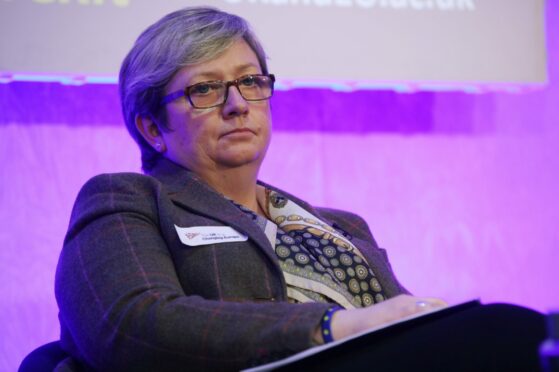


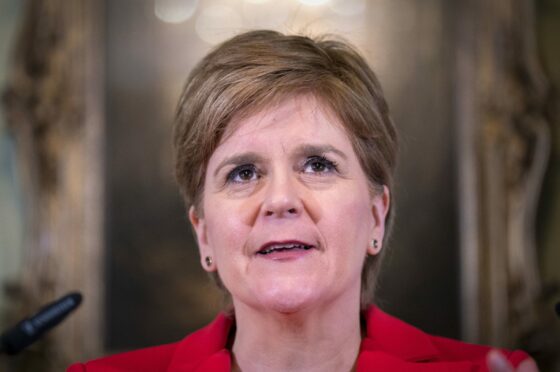
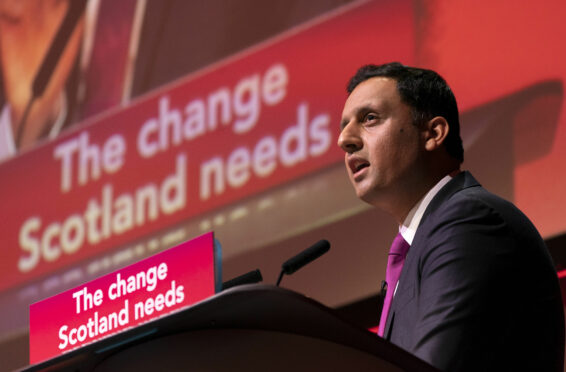
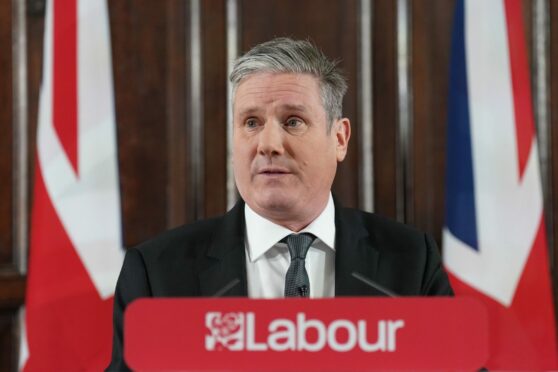

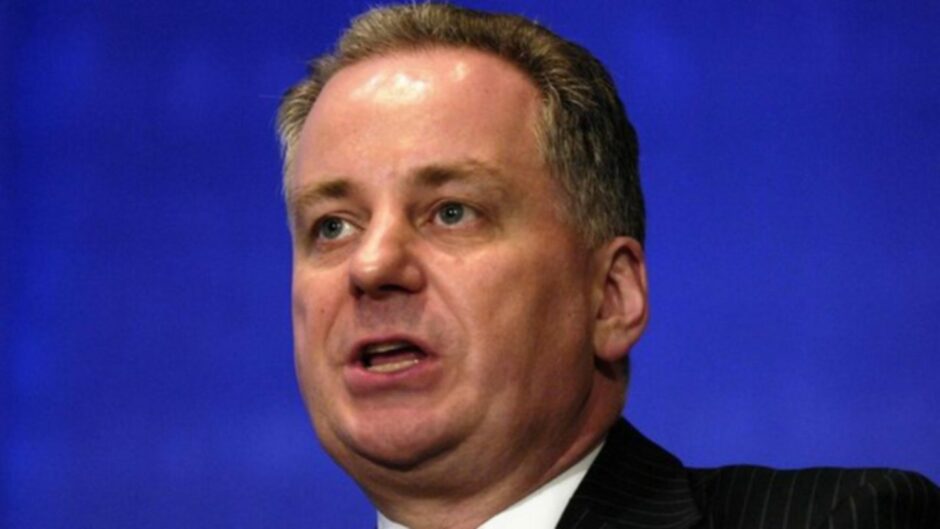
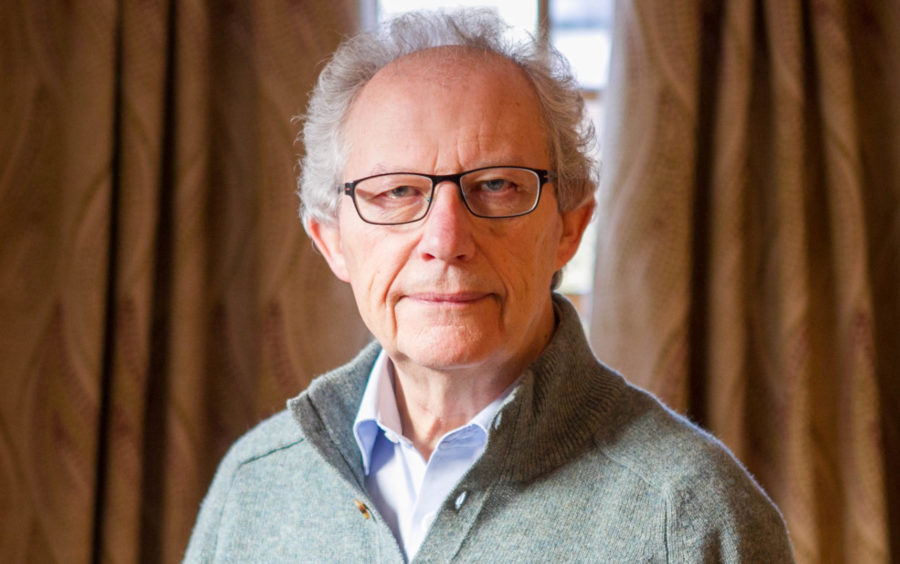 © Chris Austin
© Chris Austin